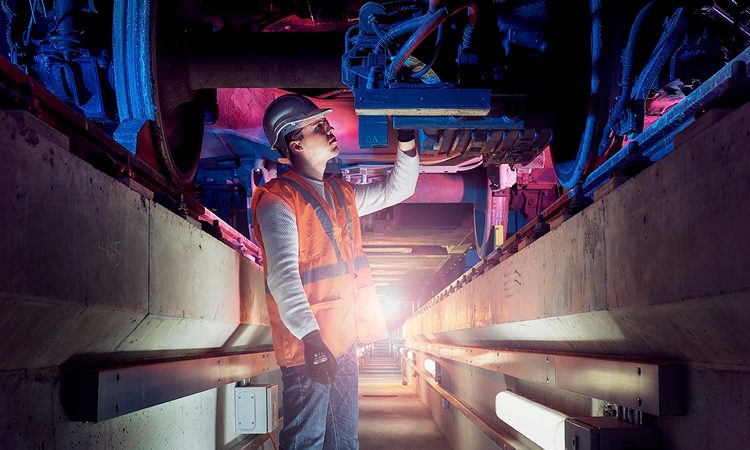Yorkshire apprentices will be influential in the future of the UK railway
Posted: 24 July 2018 | Global Railway Review | No comments yet
National College for High Speed Rail graduates are gaining the crucial skills and experience needed to deliver HS2 and strengthen the future of the UK rail network.


Graduates from the National College for High Speed Rail in Yorkshire will play a leading role in designing, building and operating Britain’s future rail network, the Transport Secretary has stated.
Visiting the world-class facilities at the National College of High Speed Rail in Doncaster, the Transport Secretary, Chris Grayling, saw how Yorkshire’s apprentices are gaining crucial skills and experience, ensuring a new workforce will be ready to deliver HS2 and future rail projects.
Transport Secretary, Chris Grayling, said: “With up to £780 million set to be invested in the East Coast Main Line by the early 2020s, we are ensuring passengers across the country get the fast, reliable and modern services they need.
“There is no doubt that the talented graduates of the National College for High Speed Rail in Doncaster will play a leading role in realising that vision. Yorkshire’s apprentices will be instrumental in creating the future rail network of the UK, helping to improve vital connections between our cities and drive forward economic growth.”
Grayling’s visit followed the publication of the Transport infrastructure skills strategy: two years on report, which shows that significant transport investment is leading the way in creating apprenticeships, helping unlock careers and tackling the need for the engineers of the future.
Clair Mowbray, Chief Executive of the National College for High Speed Rail, said: “The progress update on the government’s transport infrastructure skills strategy has shown that improved connectivity will be the key to rebalancing Britain’s economy. The college has a major role to play in this, by working with businesses across Yorkshire and further afield to equip the national workforce with the world class skills they need to drive forward existing schemes, as well as future projects from Britain’s record £600 billion pipeline. However, if we are to succeed, we will need to see more and more businesses investing in their pipeline of talent, so that we can deliver the 21st century infrastructure that Britain requires.”
Related topics
High-Speed Rail, Infrastructure Developments, The Workforce, Training & Development








